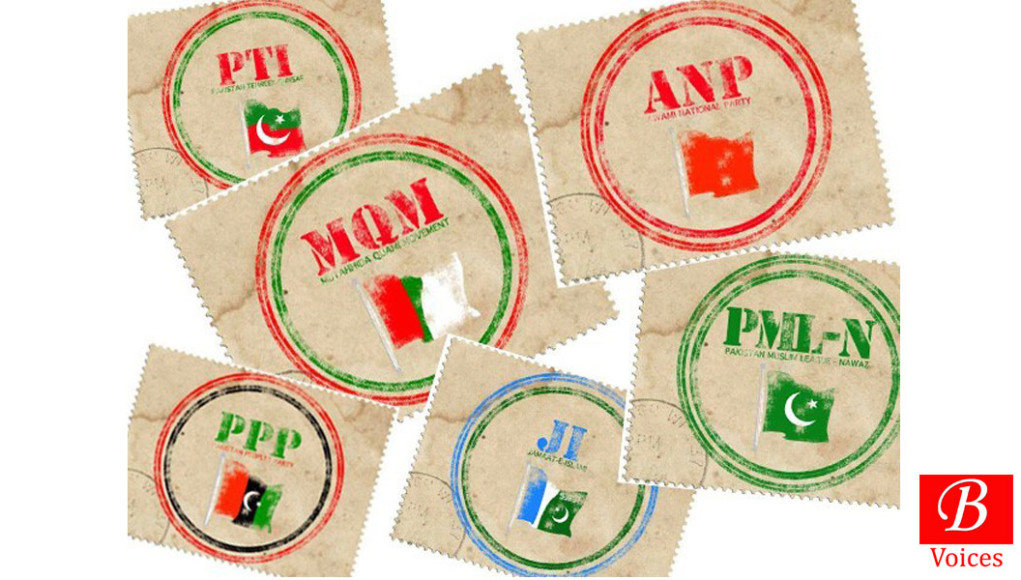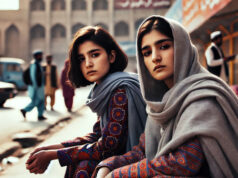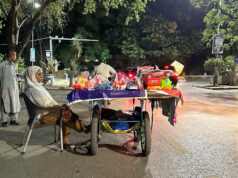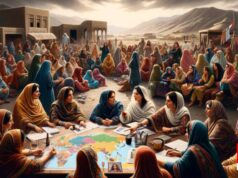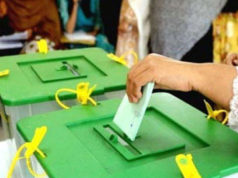Adnan Aamir
The politics in Balochistan is different from all other parts of the country. Here, political developments are dominated by individuals who join political parties based on their convenience. Some of the political parties can claim a loyal vote bank but in most places, they cannot win without the individual candidate’s vote bank.
In Balochistan, the political parties can be divided into three broad categories. First, there are the so-called federalist parties who link their politics to Islamabad. The most prominent party in this category currently is the Balochistan Awami Party (BAP). Established overnights just before the 2018 general elections, the BAP is sometimes called the king’s party. Its opponents allege that the BAP was created by the establishment which still calls the shots in the party. With 24 members in the Provincial Assembly, the BAP has controlled the Balochistan government since August 2018 and is highly likely to complete its tenure. However, it is still unclear how it will fare in the 2023 elections.
Apart from the BAP, the other federalist party that stands a chance in the next elections is the PPP. This party ruled Balochistan from 2008 till 2013 and earned itself a very bad name in terms of governance. Last week, however, several ‘electable’ politicians including the former chief minister Nawab Sanaullah Zehri, joined the PPP. That’s why political pundits expect the PPP to do well in the next general elections.
The second category is that of religious-political parties. The JUI-F dominates this category with the largest vote bank in the province. Currently, the JUI-F has 11 seats in the Provincial Assembly and a JUI-F member is the opposition leader. The JUI-F has been in opposition since 2013. It showed its political muscle in 2019 when its chief Maulana Fazal ur Rehman held a long march to Islamabad. Other religious parties include the Jamaat-i-Islami and the JUI-N. These have much smaller vote banks and do not stand a chance against the JUI-F.
The third and most interesting category is the ethnic-nationalist political parties. The most prominent party in this category is the Balochistan National Party–Mengal (BNP-Mengal). It is the second-largest opposition party in Balochistan with 10 seats in the Provincial Assembly. The BNP-Mengal has not been in power since 1998. It exhibited huge appeal among the public till the 2018 elections. However, its weak performance in opposition and its controversial decisions during the Senate elections have tarnished its image.
Other parties in this category include the Awami National Party (ANP), the Balochistan National Party–Awami (BNP-Awami), and the Hazara Democratic Party (HDP). These represent Pashtuns, Baloch, and Hazaras, respectively. All three parties are currently part of the BAP-led coalition government. The ANP has 4 members, the BNP-Awami 3 and the HDP 2. Although the ANP has a vote bank in the Pashtun belt it cannot win without strong candidates. The ANP Balochistan chapter was part of the government during the peak of the PDM movement whereas the ANP Center was part of the PDM. This attracted much criticism of the party in Balochistan.
The BNP-Awami has split into two groups. One of its MPAs, Ehsaan Shah has left the party so that it is represented now only by Asadullah Baloch from Panjgur and his wife, an MPA for the party on a reserved seat. The HDP represents the Hazara population of Quetta. It’s for the first time that they have been in power. It’s highly likely that all three will do poorly in the next general elections given the resentment against them due to the incumbency factor and failing to deliver on their promises.
Two more parties in this category are the National Party (NP) and the Pashtunkhwa Milli Awami Party (PKMAP). The NP has no seat in the assembly and the PKAMP is only one. These parties ruled Balochistan from 2013 to 2018. The period was marred by massive corruption and bad governance. That’s why these parties were nearly wiped out from the electoral scene in 2018. Now, these parties are making efforts for a comeback. The NP is banking on the development works under former chief minister Dr. Malik in Turbat. The PKMAP is resorting to its slogan of a separate province for Pashtuns of Balochistan.
Share your comments!


